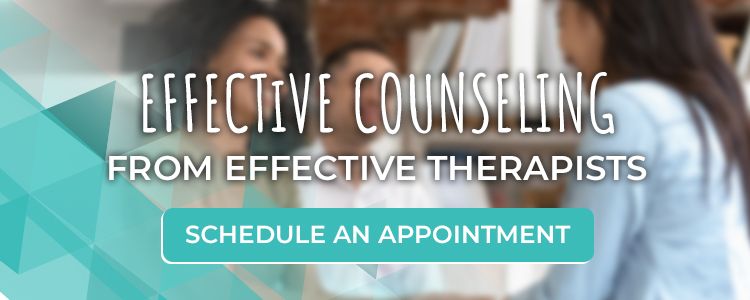What Does Therapy Really Look Like?
What Does Therapy Really Look Like?
For those who are new to the process of counseling, it can feel a little overwhelming. In many cases, you might not be sure of what you’ll actually do, how long you’ll be in therapy, or what you’ll accomplish. Some have the idea that therapy involves lying on a couch and talking about your childhood. While that can be part of the counseling process, it’s not the only part.
At Life Skills Awareness we want you to have a comfortable and productive experience. Today we’d like to explore what the typical therapy process looks like so you can have a better sense of what your experience will be like.
You Start By Finding the Right Counselor for You
The first step in a productive counseling experience is to find a therapist that best meets your needs and can help you address the specific issues that you’re concerned about. You can ask your insurance company for a list of counselors near you that are covered by your insurance. You can also ask your primary care provider, or even ask a friend. Once you've got a list of counselors and their specialties, find out more about them. You can do that by reviewing their website or sending them an email and asking a few questions.
You Meet for Regular Sessions
Your first session will likely be a chance for your counselor to get to know you a little bit, and together you’ll identify areas you’d like to work on. For instance, here at Life Skills Awareness, we specialize in treating things like depression, trauma and PTSD, bipolar and related disorders, and more.
In subsequent sessions, you’ll be invited to share how you’ve been, how you’ve been feeling, and where you are in attaining your goals. In most cases, your counselor will allow you to speak freely without interruption. Occasionally, they may ask you a question to help you develop a line of thought you’re on. While talk therapy is a common form of counseling, there are other forms of therapy that can help you process your emotions and experiences, like art therapy, life coaching, meditation, and more.
At the end of each session, your counselor will offer a recap of the day’s session, and some might assign you “homework” to reflect on before your next session.
Therapy is an Evolving Process
There’s no set number of sessions of therapy before you’re “done.” Everyone has unique experiences and that means they enter into therapy for different reasons. For some, they set one session, meet with a counselor, and then are done. For others, they meet for several weeks or months to unpack one issue, then identify and work on another over another period of time. Still, others use therapy as an ongoing part of their regular health and wellness routines. It’s up to you and your counselor to decide when and for how long you two will meet.
Meet With Our Professional Therapists
Therapy can be a powerful and helpful experience for anyone. We invite you to learn more about our work and our clinic and connect with us today. Life Skills Awareness offers a variety of treatment options, including relationship therapy, marriage counseling, interpersonal therapy, and more. We’re excited to see how we can help you grow.

